This post is a guest blog from Elizabeth Dartnall, Executive Director, the Sexual Violence Research Initiative (SVRI), and Emma Fulu, Founder and Executive Director, The Equality Institute (EQI).
In this post the authors embrace the wisdom of the crowd and challenge the way we prioritize and fund research on violence against women. They insist that the voices of practitioners, activists, and survivors must sitcentered alongside academics and other specialists to set a fair, relevant, and effective research agenda in the field of violence prevention
We know the power of evidence-based research and how it can be used to build better programmes and policy to improve the lives of women and girls, but who has been deciding what these research priorities are and should be? Is it ok that academics in high income countries (HICs), continue to set the priorities, lead the research, and make decisions about the lives of people in lower middle-income countries (LMICs)? Something needs to change — for too long research agendas have been set by those far removed from the communities for whom the research is meant to serve.

Together, the Sexual Violence Research Initiative (SVRI) and The Equality Institute (EQI), with support from funding partners – Wellspring Philanthropic Fund and Sida – set about building a feminist approach to identifying research priorities to shift the balance power from the Global North, putting the power to identify research priorities in the hands in of researchers, activists and practitioners in LMICs. And now, some three years later we are proud to reveal – the Global Shared Research Agenda (GSRA) – that identifies research gaps and sets an agenda that can be used by funders, researchers, and activists.
The GSRA is the result of careful, thoughtful evidence informed dialogues and discussion, which draws on the wisdom of the crowd, to set research priorities for the next five years for fair, effective, and relevant research on violence against women in LMICs. It is the first time the voices of practitioners, researchers and activists have sat centred and equal alongside academics and other specialists in the field.
To identify these research priorities, and ensure the process was inclusive, fair and transparent, a method called CHNRI was adapted, which considers the views of multiple stakeholders, not just technical experts, with all views treated equally. We did this by ‘crowd-sourcing’ multiple opinions on an issue, surpassing the ‘expert’ judgement of one person. It is a ground-breaking piece of work.
“The process in some ways in more important than the outcome”
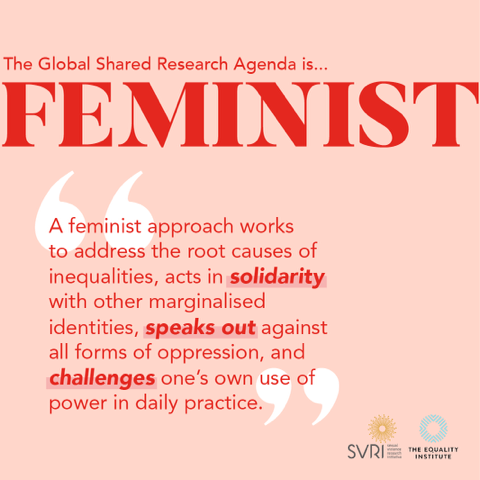
By challenging the old way of doing things, we have a powerful opportunity to effect real and lasting change. It was a significant undertaking to ensure that the questionnaires were inclusive, accessible, and user-friendly, and addressed the global inequalities around access and internet bandwidth. However, that was essential for us to engage and listen to the voices of those in LMICs working at the frontline of violence prevention, survivors, people who live and breathe this work. This process honoured learning not just from academia, but also from practice. It brought diverse perspectives together through a feminist approach of sharing power.
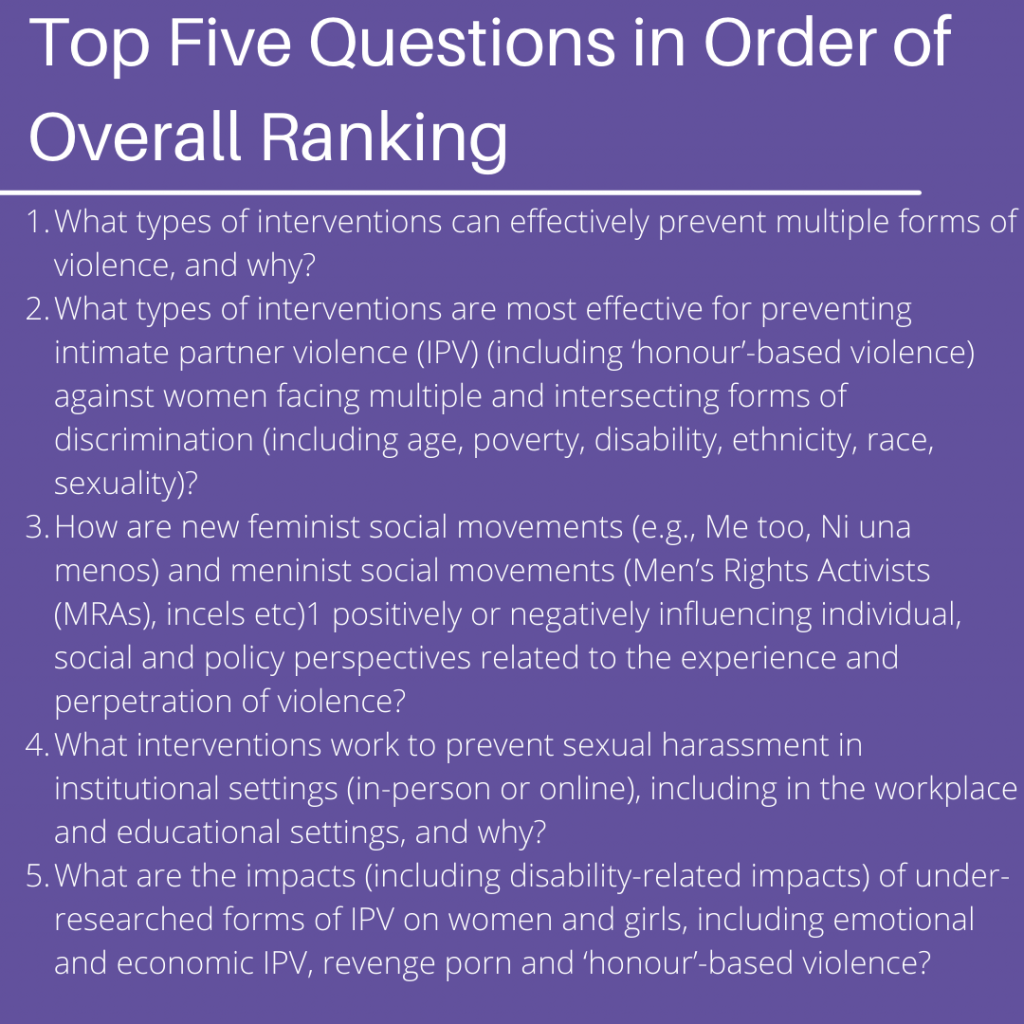
The GSRA reveals that there are still major gaps in the violence against women research field. It provides funders a framework to guide increased investment in high-quality and ethical research. We hope researchers use the GSRA to inform their own research agendas, and that practitioners should use it as a guide for partnerships with researchers on the evaluation of their interventions. As a field together, the GSRA serves as a powerful advocacy tool to advocate for more and better research funding that addresses critical research gaps in the field.
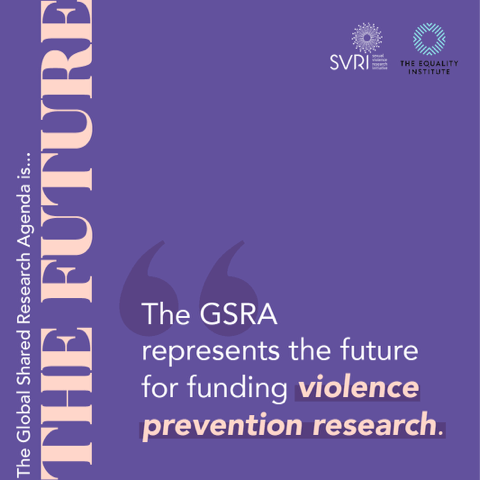
In the words of a practitioner involved in the process:
“With the GSRA we have an opportunity to shift the power imbalance, and centre activists and practitioners who are working on the ground and who have a deep insight into interventions that are working in communities. The GSRA is for us as activists, and we need to find ways to ‘rise up’ these voices.”
To stem violence, it is crucial that countries and programme implementers are informed by evidence on what works best. There needs to be a stronger, broader knowledge base about prevention and response that can inform investments, policy, and practice. Using the Global Shared Research Agenda can help us do that.
About the Authors

Elizabeth Dartnall (Liz) is Executive Director of the Sexual Violence Research Initiative, the world’s largest global network for research on violence against women and violence against children in low- and middle-income countries. Liz is a health specialist with over 25 years’ research and policy-making experience on health systems, mental health, violence against women and violence against children. Liz has a deep understanding of the policy process and use of research to inform policy and practice. In South Africa, Liz worked for the Department of Health, both nationally and provincially, in epidemiology and health information systems. In Australia she worked in public health on mental health. In addition to government, Liz has worked in both academia and non-government organisations in Africa. Since 2006, Liz has managed the SVRI and, with support of multiple partners, recently launched the SVRI as an independent NGO. Liz is committed to research and policy-making that is feminist, ethical, equitable, collaborative and improves the lives of women and children.
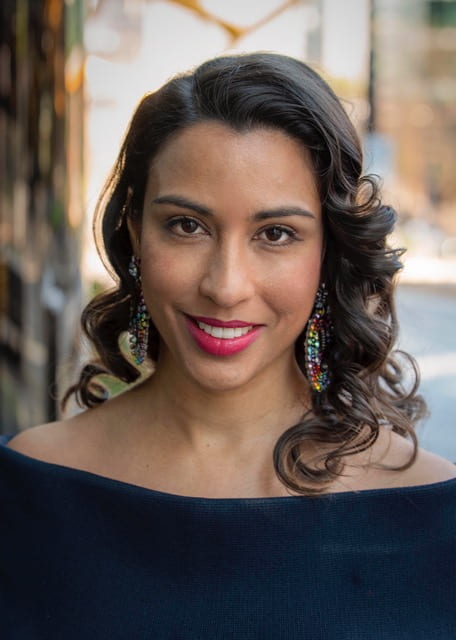
Dr. Emma Fulu is a feminist activist, social entrepreneur and one of the world’s leading experts on violence against women. She is the founder and Executive Director of the Equality Institute, a global feminist agency working to advance gender equality and end violence against women and girls. She is also the co-founder of VOICE, a non-profit organisation that partners with women and girls in conflict and disaster settings to amplify their solutions to violence in their own communities. Before that she worked at the United Nations and led the ground-breaking UN Multi-Country Study on Men and Violence, the findings of which have been featured on BBC, Al Jazeera, and CNN. Emma is Co-Chair of the Gender and Rights Advisory Panel of the World Health Organization, and a member of the Global Women’s Institute Leadership Council. She has a PhD from the University of Melbourne, is the author of Domestic Violence in Asia, and publishes widely on gender, violence, masculinities and feminist leadership. The mother of three young children, Emma lives in Melbourne Australia and is currently writing a memoir.
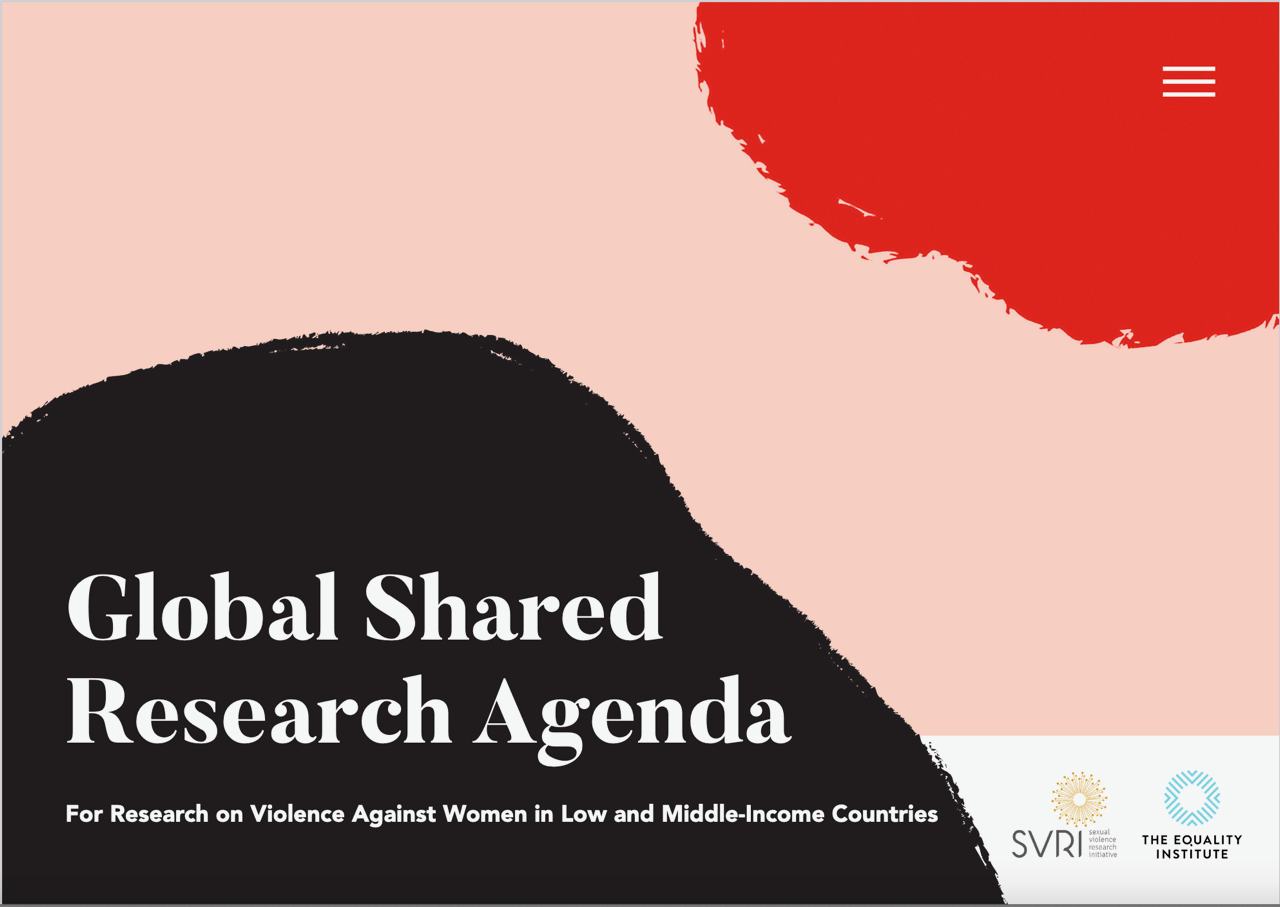

Be First to Comment